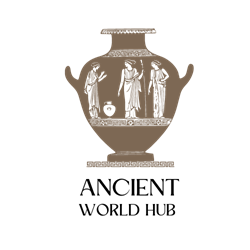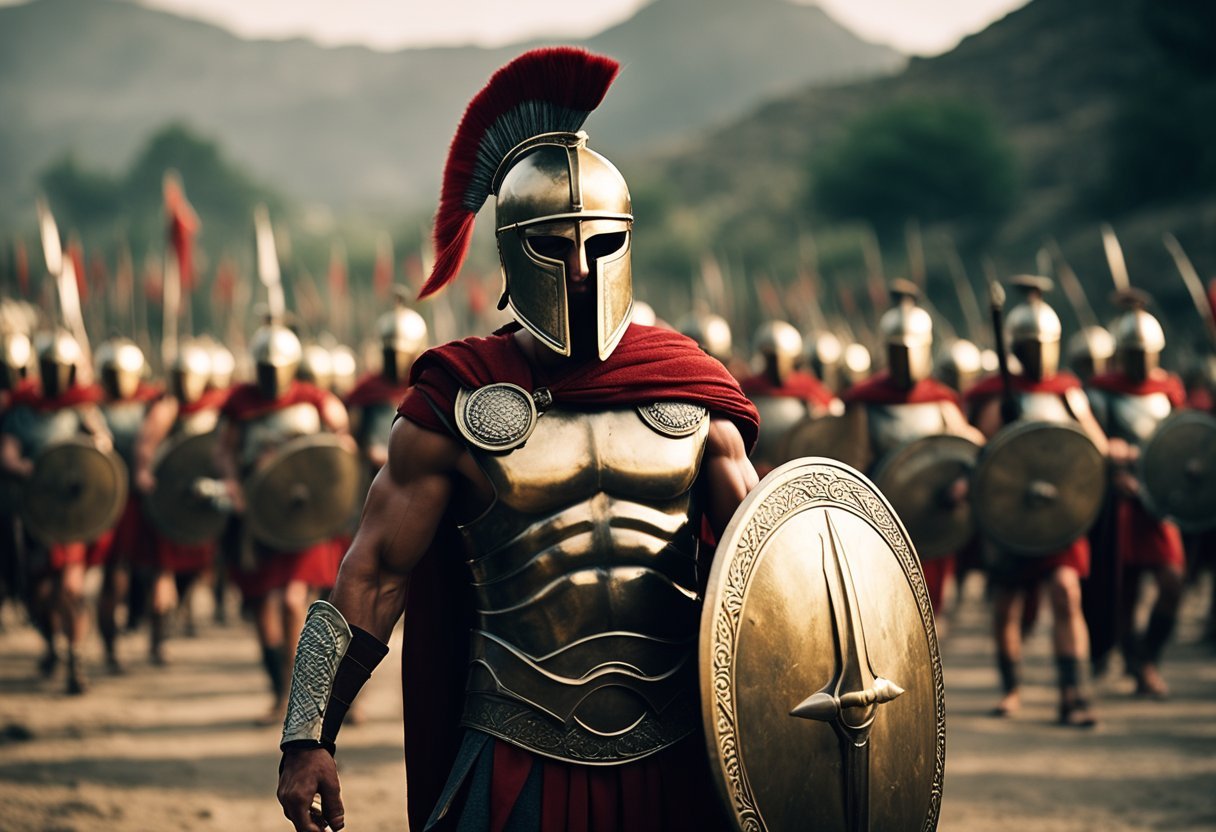Leonidas of Sparta is a name synonymous with bravery and leadership. Born around 540 BC, he became the king of the Greek city-state of Sparta, succeeding his half-brother King Cleomenes I. Leonidas is best known for his heroic stand at the Battle of Thermopylae in 480 BC, where he led 300 Spartans against the much larger Persian army.
Sparta was known for its warrior culture, and Leonidas embodied this tradition. From rigorous training to unparalleled battlefield tactics, his life and reign have fascinated historians for centuries. Leonidas’ leadership during the Greco-Persian Wars, especially his sacrifice at Thermopylae, has etched his name into the annals of history.
The Battle of Thermopylae holds a special place in history and legend, often symbolized by Leonidas’ courage and dedication. The Spartans’ fierce resistance, despite overwhelming odds, has been an enduring story of valor. For those interested in ancient history and legendary battles, the life of Leonidas offers a compelling glimpse into the Spartan ethos.
Life and Reign of Leonidas

Leonidas, a Spartan king from the Agiad dynasty, is celebrated for his valor and leadership. His renowned defense at the Battle of Thermopylae stands as a symbol of unwavering bravery.
Early Life and Ascension to the Throne
Born around 540 BC, Leonidas was a son of King Anaxandridas II of Sparta. He belonged to the Agiad dynasty, one of the two royal families of Sparta. Leonidas had a younger brother, Cleombrotus, and an elder half-brother, Cleomenes I, who was king before him.
Leonidas became king around 490 BC after the death and scandalous demise of Cleomenes I. Ascending to the throne, he inherited a warlike and disciplined state. This period was fraught with imminent Persian threats, setting the stage for his notable future military campaigns.
Military Leadership and Campaigns
Leonidas was known for his strict military discipline and excellence in warfare. His leadership style emphasized Spartan values like courage, discipline, and sacrifice.
Under his command, Sparta maintained its dominance in the Greek world. He led several military expeditions, reinforcing Sparta’s strength and reputation. Leonidas’s leadership came during a critical phase when Greece faced the advancing Persian Empire. This period demanded strategic planning and collaborative efforts with other Greek city-states, which Leonidas managed effectively.
The Battle of Thermopylae
The Battle of Thermopylae in 480 BC is the defining moment of Leonidas’s life and reign. Facing the vast Persian army led by Xerxes, Leonidas commanded a small contingent of 300 Spartans and a few thousand allies.
Despite being heavily outnumbered, Leonidas and his men held their ground at the narrow pass of Thermopylae. Their stand delayed the Persian advance, allowing other Greek forces time to prepare for defense. Eventually, Leonidas and his warriors were surrounded and killed, but their sacrifice became legendary.
The battle is remembered as a symbol of courage against overwhelming odds and is a major highlight of Greek and military history.
Legacy and Impact

Leonidas of Sparta remains one of the most iconic figures in Western history. His bravery at the Battle of Thermopylae has left an enduring imprint on both cultural history and popular culture.
Cultural and Historical Impact
Leonidas’ stand at Thermopylae is celebrated as a defining moment of valor against overwhelming odds. Many view his actions as the epitome of Spartan courage and discipline.
This event not only delayed the Persian advance but also provided critical time for Greek city-states to organize their defense. Leonidas’ sacrifice symbolized unity and resilience, reinforcing the ideal that honor in battle was paramount.
Monuments in Thermopylae and Sparta commemorate his bravery. They convey a constant reminder of his leadership. These sites attract many tourists and scholars, fascinated by his legacy.
Depictions in Art and Popular Culture
Leonidas has been immortalized through various artistic expressions. His heroics have been depicted in statues, paintings, and literature, showcasing his enduring appeal.
In modern times, the story of Leonidas has been popularized by movies like “300.” This film, although dramatized, brought his tale to a new audience, resonating with themes of heroism and sacrifice.
Additionally, video games and comic books have featured representations of Leonidas, highlighting his strategy and strength. These portrayals keep his legacy alive, illustrating how a historic figure can become a timeless symbol of bravery.

